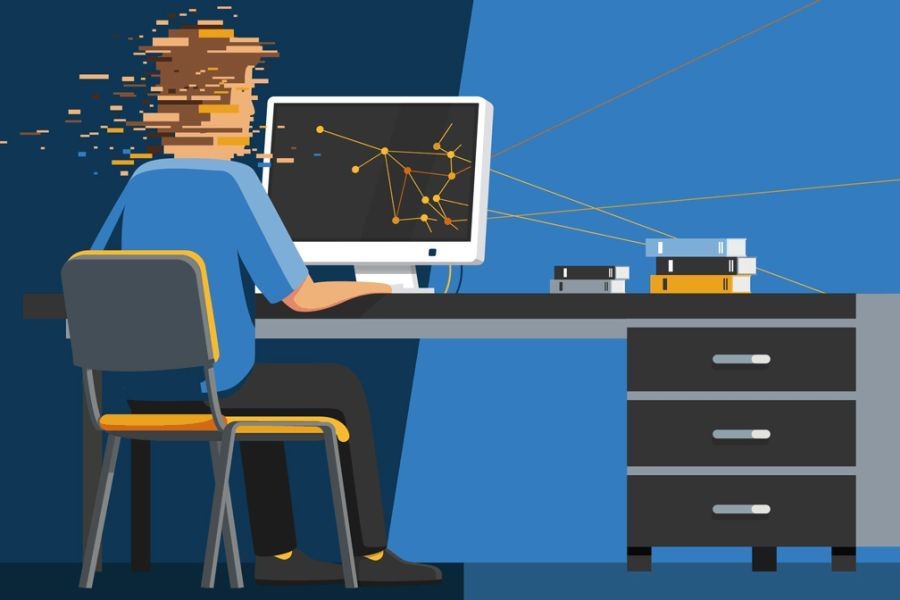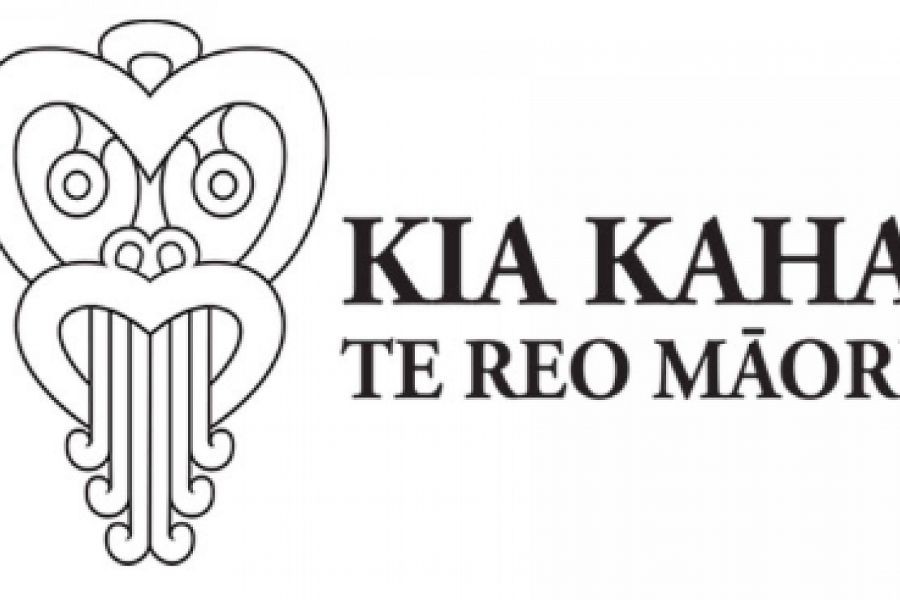In today's digital age, the threat of cybercrime is escalating at an unprecedented rate. One alarming facet of this growing menace is how swiftly cybercriminals can penetrate our defenses by guessing passwords—sometimes in under 10 seconds. For Australian property investors, understanding these risks is crucial not just for safeguarding personal data but also for protecting substantial financial investments.
The Australian Context: Why Cybersecurity Matters
Australia's digital landscape is rapidly evolving, with the Australian Bureau of Statistics (ABS) reporting that over 90% of homes now have internet access. This digital proliferation, while offering tremendous opportunities, also opens doors to potential cyber threats. The Reserve Bank of Australia (RBA) emphasizes the importance of robust cybersecurity measures, particularly as digital transactions become the norm in property investments.
How Cybercriminals Crack Passwords
Cybercriminals employ a variety of techniques to guess passwords. Some of the most common include:
- Brute Force Attacks: This method involves trying every possible combination of characters until the correct password is found. Advanced tools can perform millions of attempts per second.
- Dictionary Attacks: Cybercriminals use a list of common words and phrases to guess passwords, exploiting the tendency of users to choose simple, memorable passwords.
- Social Engineering: By manipulating individuals into revealing personal information, cybercriminals can gather clues to guess passwords.
These methods are becoming increasingly sophisticated, with AI-driven tools now enhancing the speed and accuracy of password cracking.
Case Study: Real Estate Data Breach in Australia
In 2023, a leading Australian real estate firm faced a significant data breach. Cybercriminals accessed sensitive client information, including personal identification and financial details, by exploiting weak password protocols. This breach highlighted the vulnerabilities within the real estate sector and underscored the need for improved cybersecurity measures.
Financial Implications for Property Investors
The financial consequences of a cyber breach can be severe for property investors. According to Deloitte, the average cost of a data breach in Australia is approximately AUD 3.35 million. For property investors, this could mean significant losses due to compromised financial data or fraudulent property transactions.
Pros and Cons of Current Cybersecurity Measures
Pros:
- Advanced Encryption: Modern encryption algorithms offer robust protection against unauthorized access.
- Two-Factor Authentication (2FA): This adds an extra layer of security, making it harder for cybercriminals to access accounts.
- Regular Security Audits: These help identify vulnerabilities and ensure systems are up-to-date.
Cons:
- Complexity: Advanced security measures can be complicated to implement and manage.
- Cost: Investing in top-tier cybersecurity can be expensive, particularly for smaller investors.
- User Compliance: Ensuring all users follow security protocols consistently can be challenging.
Myths and Mistakes in Password Security
Myth vs. Reality
- Myth: "Long passwords are always secure." Reality: Length is important, but complexity is crucial. A long password that's easily guessed (like a common phrase) is vulnerable.
- Myth: "Changing passwords frequently is unnecessary." Reality: Regularly updating passwords can prevent unauthorized access, especially if a breach occurs.
- Myth: "Using the same password across accounts is convenient." Reality: This practice increases risk. If one account is compromised, others are easily accessible.
Common Mistakes to Avoid
- Weak Passwords: Avoid using easily guessed passwords such as "123456" or "password."
- Ignoring Software Updates: Updates often include security patches that protect against known vulnerabilities.
- Neglecting Backup Protocols: Regular data backups can mitigate damage if a breach occurs.
Future Trends and Predictions in Cybersecurity
Looking ahead, cybersecurity will continue to evolve, with AI and machine learning playing pivotal roles in both cyber threats and defenses. According to a report by McKinsey, AI-driven cybersecurity tools will become mainstream by 2028, offering more sophisticated protection against password guessing attacks.
Additionally, regulatory bodies like the Australian Competition & Consumer Commission (ACCC) are expected to introduce stricter guidelines to enhance data protection within industries, including real estate.
Conclusion and Final Takeaways
- Cybersecurity is crucial in protecting financial investments and personal data in the property sector.
- Understanding and implementing robust password security measures can prevent devastating breaches.
- Property investors must stay informed about emerging cybersecurity trends to safeguard their assets.
To navigate these challenges, Australian property investors should prioritize cybersecurity education and invest in comprehensive security solutions. Engaging with industry experts and staying updated with the latest developments can provide a strategic advantage in protecting investments.
Related Search Queries
- How do cybercriminals guess passwords?
- Best cybersecurity practices for property investors
- Impact of cybercrime on Australian real estate
- Future of password security
- Common password security myths debunked
People Also Ask
How does cybersecurity impact property investments in Australia?
Cybersecurity is vital in protecting property investments from data breaches and fraud, which can lead to significant financial losses. Implementing strong password protocols and security measures can safeguard these investments.
What are the best practices for password security?
Use a combination of letters, numbers, and symbols for complex passwords, enable two-factor authentication, and regularly update passwords to enhance security.
What are the biggest misconceptions about password security?
A common misconception is that longer passwords are always secure. However, complexity and uniqueness are more critical than length to prevent cybercriminals from guessing passwords easily.
































GenevaHopk
5 months ago